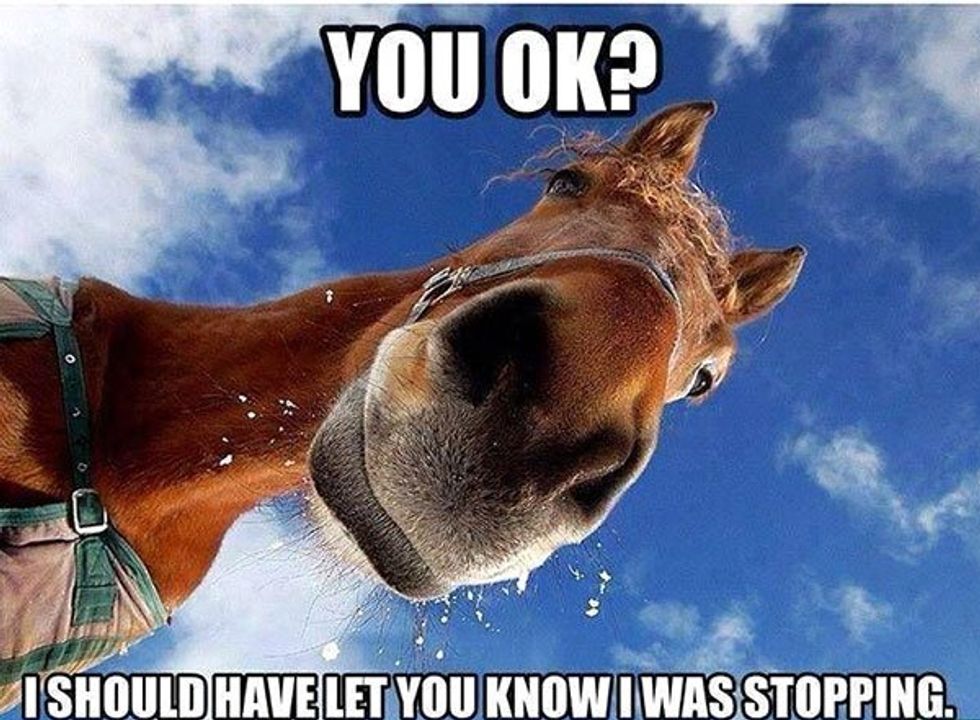Since I was old enough to begin creating goals, I’ve been a New Year’s resolution-maker. There are the traditional ones: lose ten pounds, do yoga, read more, be happier. Whatever your resolution may be, I’m here to tell you not to make them. The idea behind a New Year’s resolution is to pledge to achieve something you wanted to achieve in the previous year but, for whatever reason, were unable to do. Though I will admit that this sounds like a good idea in theory, in practice it doesn’t turn out quite as well. Most people work towards their resolutions for the first two to three months of the New Year before falling back into old habits and either not achieving the final goal or abandoning the resolutions entirely. Not only does this lead to dissatisfaction at the end of the year, but it’s also unproductive and counterintuitive.
Since realizing the truth surrounding New Year’s resolutions, I’ve come up with an alternative idea. Instead of making resolutions this year, I’m going to live every day as if it’s New Year’s Eve and create daily goals that I want to achieve. Though some may be working up to larger goals, daily goals are much more achievable and definitely easier to stick with than year-long goals that you plan at the beginning of the year, before you know what’s going to happen during the year’s time. The thing is, goals are hard to plan when you have no idea what’s yet to come. Aside from that, desires change constantly and what you want at the beginning of the year may be quite different than what you want even a few months into the year, let alone twelve.
Planning and goal-setting is important and can definitely add to your productivity; however, it’s extremely difficult to foresee who you’ll be, what you’ll want, and what your life circumstances will be. There’s no point in creating goals that more likely than not will not get achieved. I’m not trying to be a “Negative Nancy” here, it’s simply realistic and the only proof you need is that from your own life.
Granted, I’m sure there are people who are able to maintain their New Year’s resolutions. If it works for you that’s great and more power to you. Keep on doing what you’re doing. I, however, am not one of those people. If you are like me and are unable to carry on as planned in the midst of change and trials, heed my advice. Take things day by day and think about what’s actually realistic for you.
If you want to lose ten pounds, you set that goal for yourself. However, losing ten pounds doesn’t necessarily mean that you’ll be at the gym every day and only eat lettuce and protein shakes. It doesn’t mean that the weight will fall right off and you’ll be down two pant sizes in a month or even two. Instead of having that expectation-- which, by the way, is unrealistic for almost anyone-- create daily goals that will help you lose those ten pounds in the long run. Create a healthy grocery list and go out and purchase those items one day, plan to attend a yoga class or go on a run on another day, or create a morning workout without the expectation that you’ll have time to do it every morning. Plan steps on an individualized basis and I guarantee that you’ll see better results than if you create an elaborate plan to lose ten pounds as quickly as possible.
Not only should you create individualized daily goals, but also plan on creating individualized and daily repercussions for not following through with your daily plan. I don’t mean not allowing yourself to eat for a day because you decided to have two slices of pizza instead of a salad. No. Don’t do that. The only thing you’re hurting in doing that is yourself and your long-term goals. What I mean is if you miss a daily goal plan, on achieving that goal within the next week as well as continuing to plan and achieve other daily goals in the meantime.
Another great way to hold yourself accountable for achieving your goals is by documenting progress in a journal or planner or by telling other people about your goals and having them check in on your progress. Though planning a year in advance may be unrealistic, having milestone check points for overarching goals can be extremely productive.
The key to being able to plan and follow through with daily goals is making it a priority and finding a method that works for you. Though I do think this is an easier and more effective way of achieving personal improvement, it isn’t for everyone and it might not work for you. It’s important to remember that trying is key and if you're struggling with motivation for even daily goals, that’s what you should focus on first. Motivation is an entirely separate animal. For some people, changing the goals to daily ones rather than having huge and unrealistic ones does the trick and they’re then able to follow through.
In spite of this, I do recognize that this isn’t the case with everyone. A few tips for daily motivation: maintain a planner or journal, design a routine that you know you’ll easily be able to follow, or find a friend who you can work on your goals with so that you have someone else that is relying on you to achieve your goal. Keep in mind that these are only a few options and there are dozens more that you can try out if none of the ones I've named work for you. Turn your New Year’s resolutions into daily routines that are achievable and realistic so you can stop looking back and being disappointed in all the things you didn’t do, and start looking forward to all that you could still achieve.



















 teenhorseforum
teenhorseforum














